During the process of studying and surveying the agricultural distribution system in Europe, the working group visited Rungis International Market, the world's largest food wholesale market, located about 7 km south of central Paris. With an area of over 234 hectares, Rungis plays the role of a logistics center, supplying food for the entire capital Paris and most of the neighboring European countries.
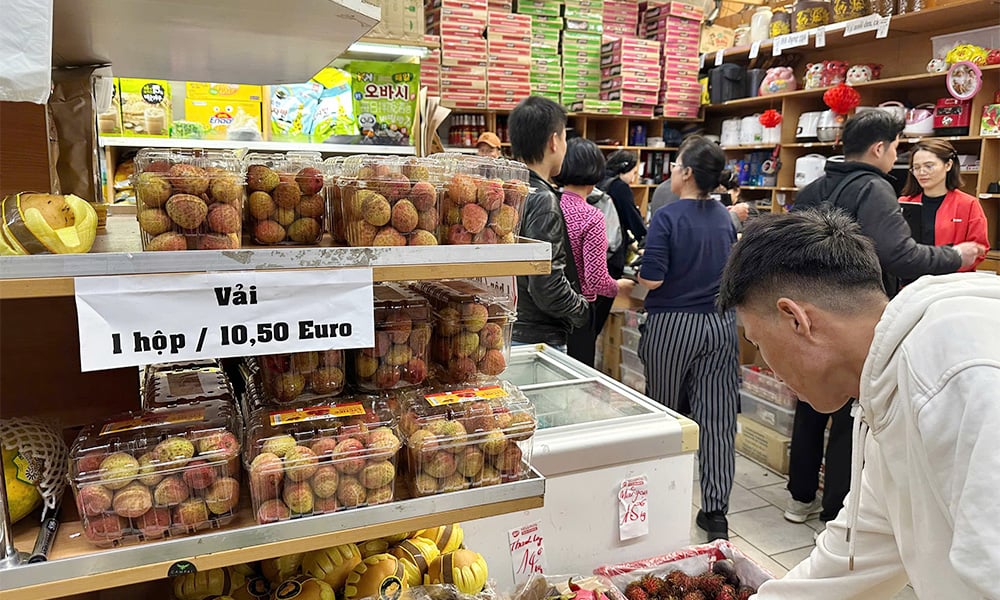 |
Bac Giang lychee sold at Dong Xuan market in Germany. |
Here, there are about 1,200 businesses operating continuously, distributed in specialized areas such as: Fresh food, seafood, vegetables, dried food, along with a large-scale cold storage system. Every day, the market serves nearly 18 million consumers not only in France but also in many countries in Europe. The market is crowded at night and early morning.
Notably, in the fresh fruit section, many agricultural products from Vietnam were present such as: lychee (fresh and frozen), passion fruit, dragon fruit, fresh coconut... These shipments were gathered at the market before being distributed by traders to supermarkets and retail chains across France and Europe. According to the Vietnam Trade Office in France, although not directly retailing, Rungis acts as a transit station, helping Vietnamese agricultural products reach more widely to European consumers.
After leaving France, the delegation went to the Federal Republic of Germany and the Czech Republic. With the support of the Embassy and the Trade Office of Vietnam there, we had the opportunity to survey a number of markets and supermarkets and attend a number of events promoting the consumption of agricultural products. One thing that impressed us was the image of boxes of fresh lychees placed in prominent locations in large supermarket chains in Germany. Packaged in plastic boxes of about one kilogram, each box of lychees costs 10.5 Euro, equivalent to about 300,000 VND/kg, but consumers are still willing to pay to own this specialty fruit.
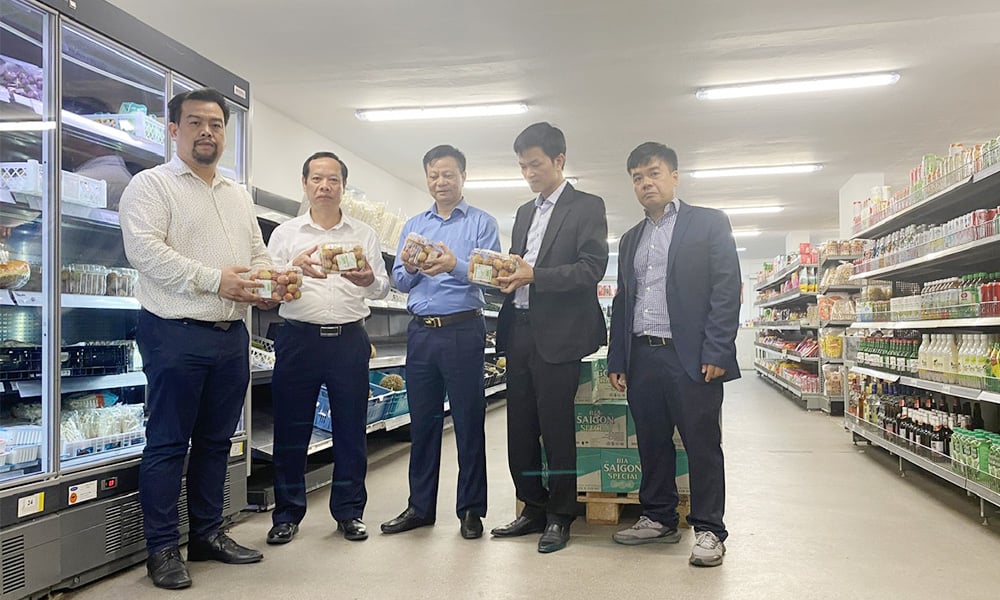 |
A working delegation from Bac Giang province surveyed lychees sold at a supermarket in Berlin (Federal Republic of Germany). |
When talking with businesses and local people, we know that this fruit is popular and highly competitive in the market. Mr. Quach Hoang Thai, Director of Linsan Imex sro Company and Mova Plus Joint Stock Company in the Czech Republic, said: Since the beginning of the lychee season, the company has exported nearly 150 tons of Tan Yen early lychee to the European market. The goods are distributed to more than 200 retail points and nearly 130 partners. It is worth mentioning that the products are almost not stored in stock. "Every morning, the goods are displayed and by evening, they are sold out. The goods are sold out as soon as they are brought in," said Mr. Thai.
According to Mr. Thai, to ensure optimal quality, all products are transported by air under cold standards, keeping the freshness from the farm to the consumer. This not only helps the lychee keep its natural color but also avoids over-ripeness, dark skin or dehydration - factors that are major barriers when exporting fresh fruit.
The actual survey in many European countries has shown a positive signal. Bac Giang lychee is increasingly favored by local consumers and highly appreciated for its quality, flavor and appearance. This is considered a great opportunity for Vietnam's specialty fruit to conquer demanding markets like Europe.
This success cannot be mentioned without mentioning the efforts of dynamic and dedicated export enterprises, typically Mova Plus Joint Stock Company. With a methodical approach strategy, Mova Plus has effectively connected partners and distributed lychees to many countries such as France, Germany, Czech Republic... Along with the efforts of the enterprise is the perseverance and diligence of Bac Giang farmers who have constantly learned and strictly followed the planting and care process to meet export standards. It is the superior quality, high safety and distinct flavor that have created a competitive advantage for lychees when standing next to products from a number of other countries.
However, the road to bringing lychees “across the ocean” to European consumers is not without challenges. Long geographical distances, high transportation costs, strict requirements on preservation and import-export procedures are major barriers that make product prices not really competitive.
This is the “bottleneck” that needs to be resolved together. Investing in post-harvest preservation technology, applying modern cold logistics, and expanding combined air and sea transport routes will be key solutions to reduce costs, maintain quality and increase market access. In addition, there needs to be more policies to support fresh fruit exports and increase trade connections with European importers.
In the context of European consumers increasingly interested in organic products, clear origin and environmental friendliness, Bac Giang lychee, if it continues to improve its standards and marketing strategy, can completely become a staple product, contributing to enhancing the position of Vietnamese agricultural products.
Source: https://baobacgiang.vn/vai-thieu-bac-giang-chinh-phuc-nguoi-tieu-dung-chau-au-postid420223.bbg





![[Photo] General Secretary To Lam and National Assembly Chairman Tran Thanh Man attend the 80th Anniversary of the Traditional Day of the Vietnamese Inspection Sector](https://vphoto.vietnam.vn/thumb/1200x675/vietnam/resource/IMAGE/2025/11/17/1763356362984_a2-bnd-7940-3561-jpg.webp)




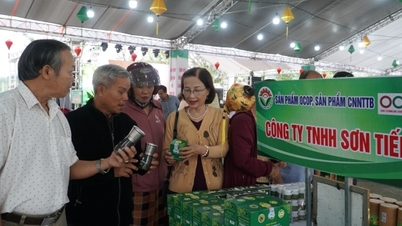
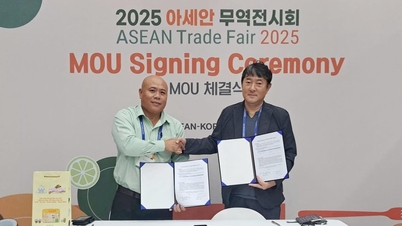

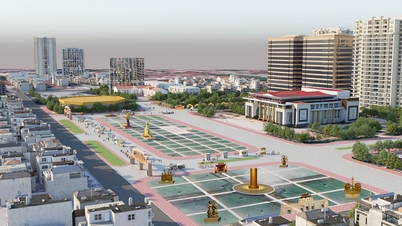

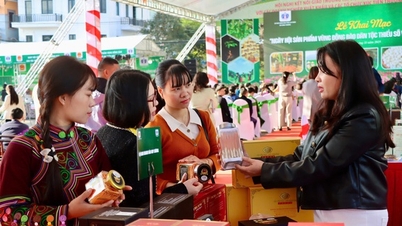

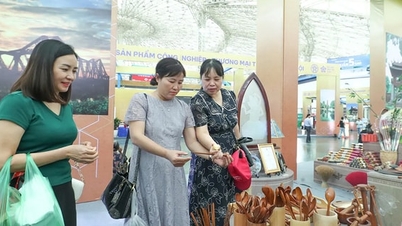

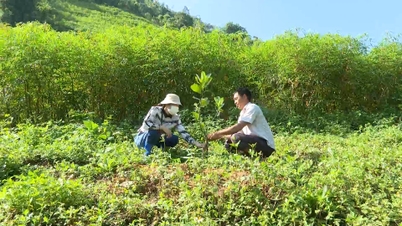




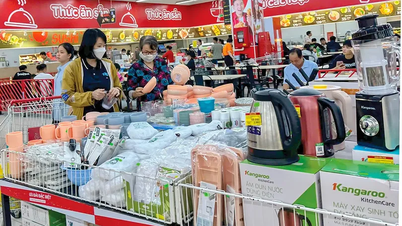

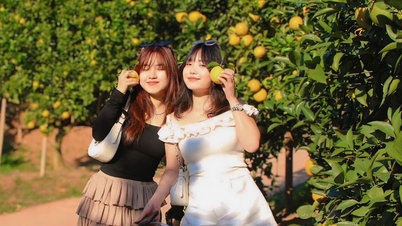






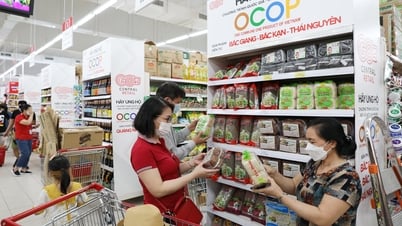
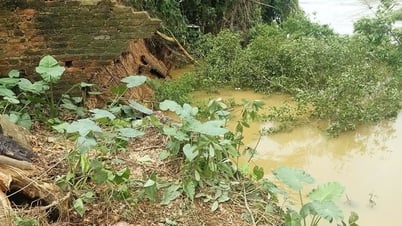

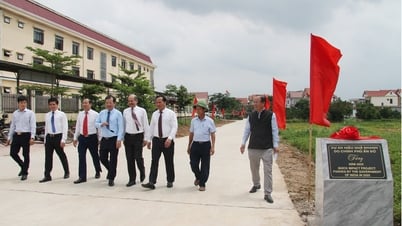
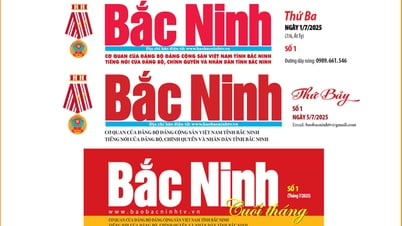




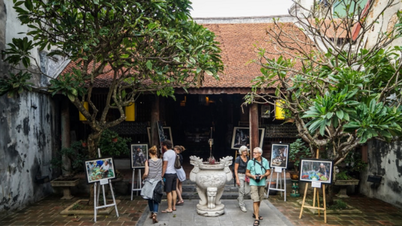



































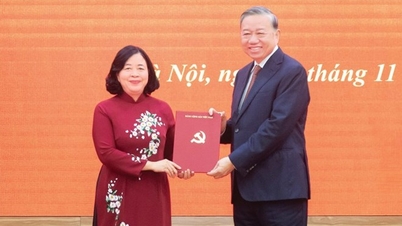

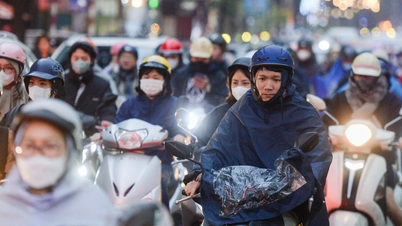
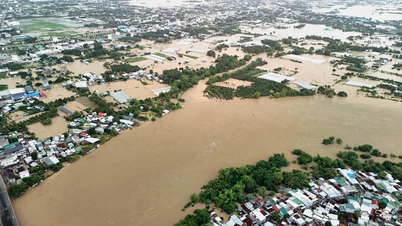



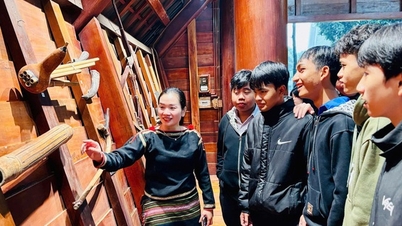











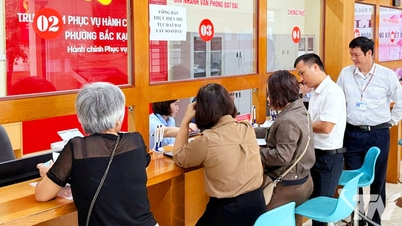

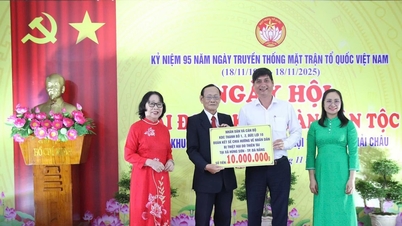


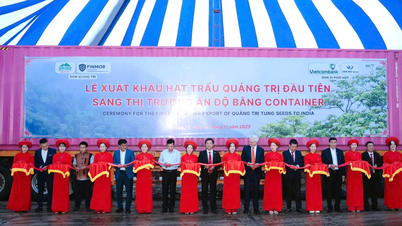









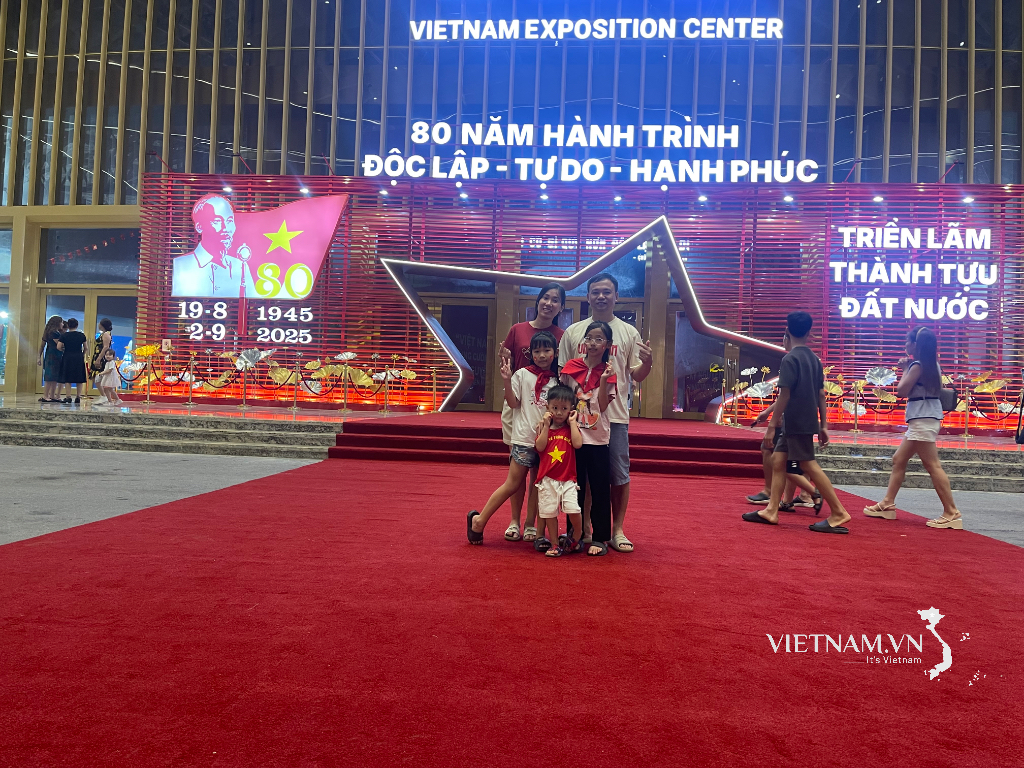


Comment (0)